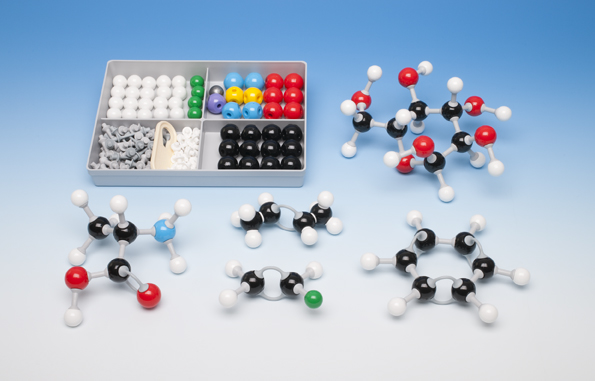
Here are some things to think about in
relation to the Organic
Chemistry courses but they will very likely apply to other courses too.
One of the biggest issues facing a modern student is how to
successfully make the transition from a High School mode to a
University mode.
What are the differences ? Here is the most important one....
YOU, THE STUDENT are in control of your learning at University.
It is up to you to be motivated and learn the most from your lectures etc. Your Instructors are guides and mentors, they will help the
process, but they will not do it all for you nor will they chase you
down if you get behind or don't do well.
Some of the transition starts in first year, but the second year is
often where the major differences appear. Courses expect an average
student to work on that course for an average of 10 hrs per week (every week).
We expect you to already have solid grip of the materials from the
prerequisites, if you don't it's your responsibility to do what it
takes to make it so. We will also expect to do some of the work
on your own, outside of classes and there maybe topics that are in the
resources that you need to work on that will not be covered in lectures.
Some material is only covered in the laboratory or only via
tutorials.
A key fact often overlooked by students when they say "the questions in the exam are nothing like those in the book" is based on the fact that when they look at the ones in the book, they know which chapter the question relates to and probably have just spent some time looking at the material covered by the questions. This means that the most important step of recognising what the question is about is already done. In an exam this "flag" is gone, and you have to make that first step for yourself. If you cannot do that, the questions start to seem impossible.
The following resources will help in this mission (should you choose to accept it)
